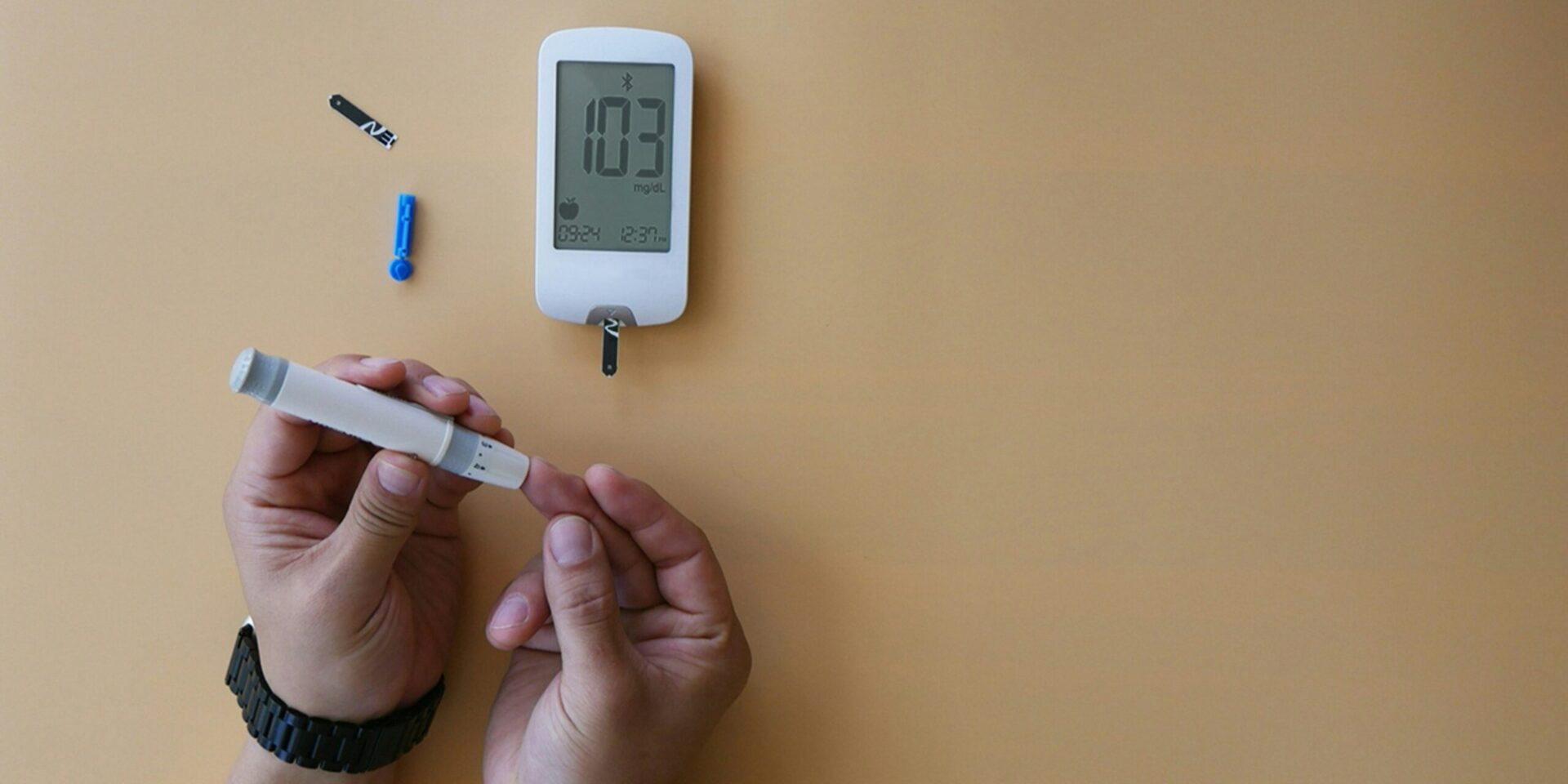A groundbreaking study presented July 13 at the Endocrine Society’s ENDO 2025 meeting in San Francisco reveals that even slight elevations in blood glucose—not declining testosterone—are significantly associated with erectile dysfunction (ED) in aging men.
Researchers followed a cohort of 117 healthy men, aged 18 to 85, from 2014 to 2020. All participants were free from diabetes, heart disease, and cancer. Over the six-year period, their hormone levels and semen quality remained within normal ranges. However, those with modestly elevated blood sugar—below the diabetic threshold—experienced a notable decline in erectile function. Dr. Michael Zitzmann of University Hospital Münster reported that while testosterone levels correlated with libido, they had no direct link to erectile performance itself.
The findings challenge the long-held assumption that testosterone decline is the main driver of age-related ED. Instead, the researchers emphasized metabolic factors—especially blood sugar—as critical determinants of erectile health. Dr. Zitzmann explained that “modest increases in blood sugar and other metabolic changes” are significant contributors to diminished erectile function. Multiple studies reinforce the idea that even within non-diabetic blood sugar ranges, rising glucose levels can damage blood vessels and nerves, impairing erectile capability.
These insights arrive amid growing public interest and debate over testosterone replacement therapy (TRT), which has surged in popularity despite uncertain benefits and potential cardiovascular risks. This new evidence suggests that lifestyle interventions targeting glucose regulation may be a safer and more effective approach to preserving erectile health as men age.
Investigators recommend practical lifestyle changes to maintain metabolic health, such as improving dietary habits, exercising regularly, controlling body weight, and avoiding tobacco and excessive alcohol. These steps are well-established strategies for managing blood sugar and now appear to have protective benefits for sexual health as well. The recommendations mirror standard guidance for diabetes prevention, but with a renewed focus on sexual well-being.
Previous research has shown that men with diabetes are at a significantly higher risk for ED—about two-thirds of diabetic men experience the condition. What’s new in this study, however, is the finding that blood sugar levels below the diabetic threshold can still meaningfully impact erectile function. A separate analysis from the National Health and Nutrition Examination Survey (NHANES) found that men with elevated insulin resistance markers, even in the absence of diabetes, were more likely to suffer from ED, reinforcing the link between metabolic dysfunction and sexual performance.
This six-year study adds strong evidence to the growing consensus that metabolic health plays a larger role in erectile function than testosterone levels alone. Dr. Zitzmann highlighted the broader implications, saying, “We now know it’s in our power to retain sexual and reproductive well-being in men, even as they age.” The findings point toward a new approach in managing age-related ED—one that moves beyond hormone therapy and focuses on metabolic control through diet, exercise, and healthy living.

